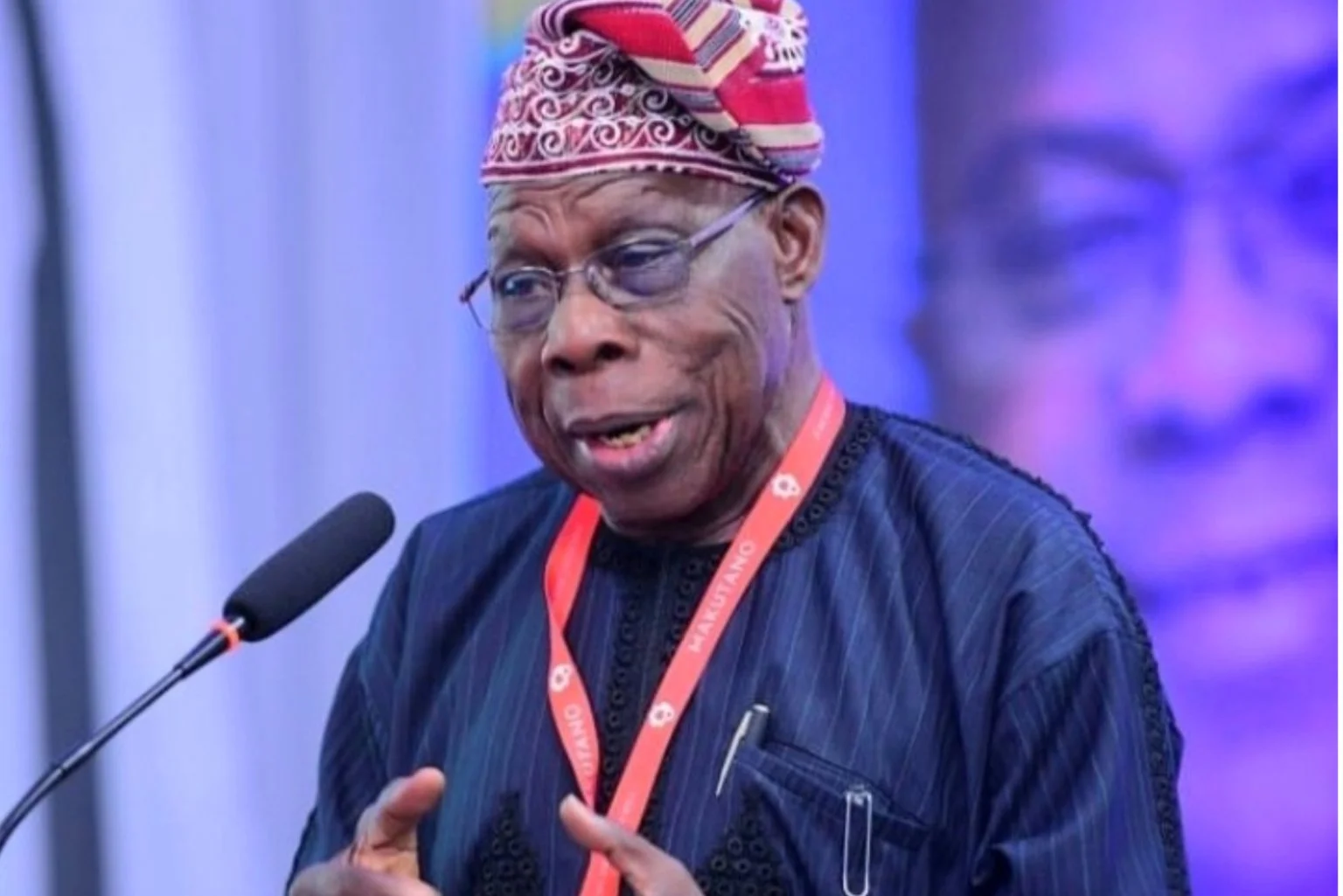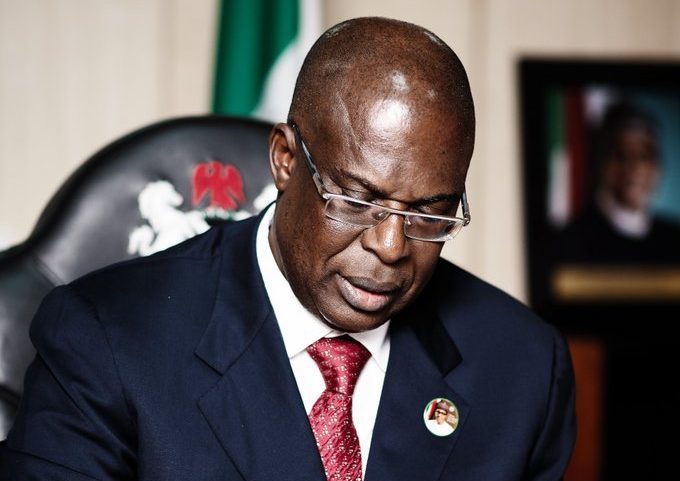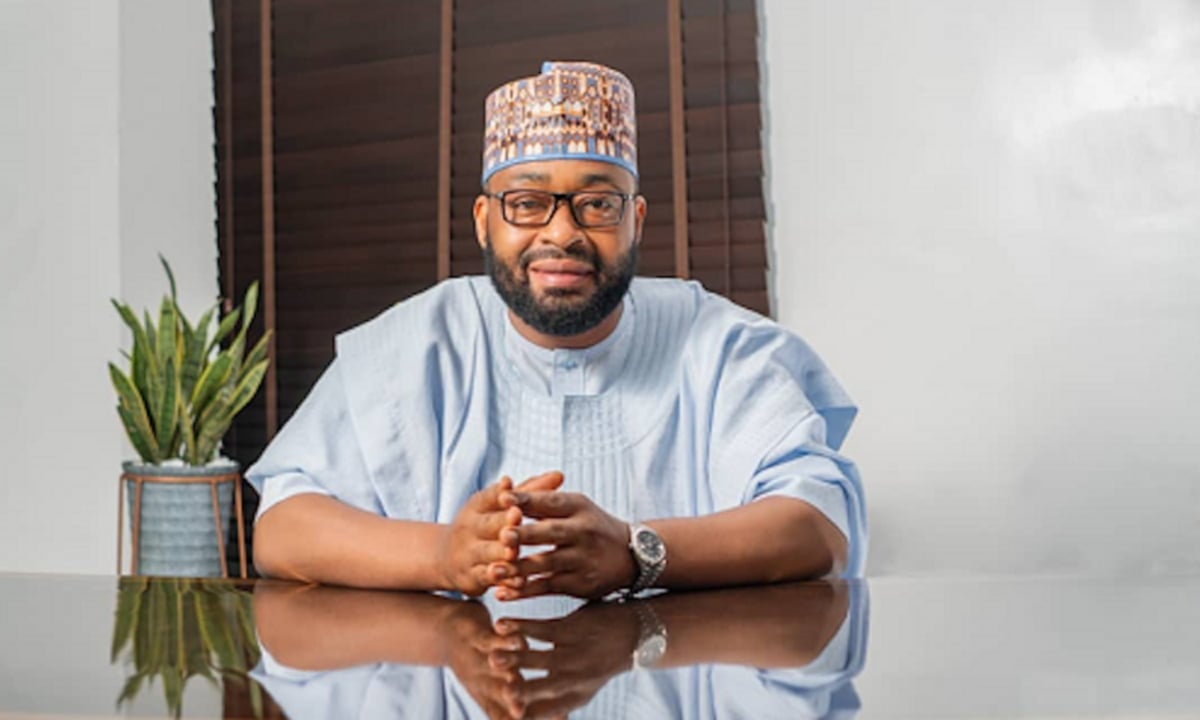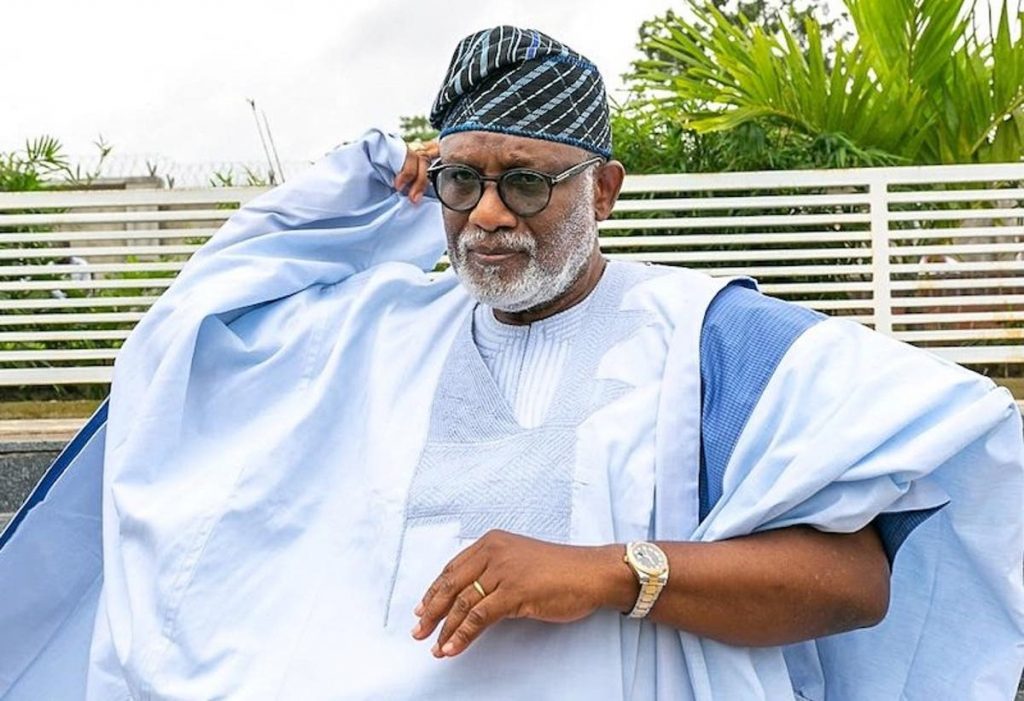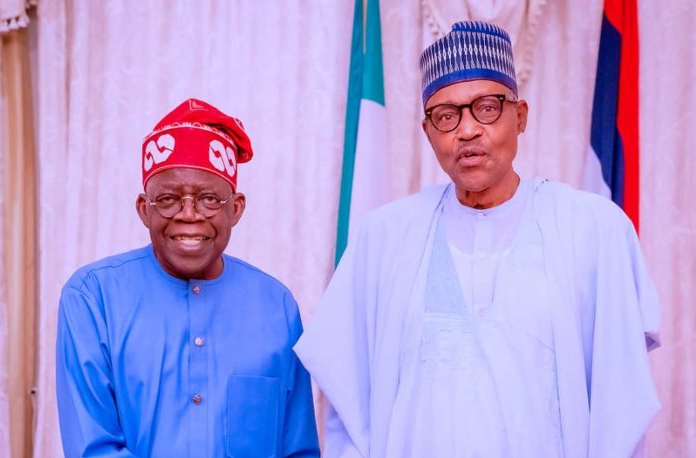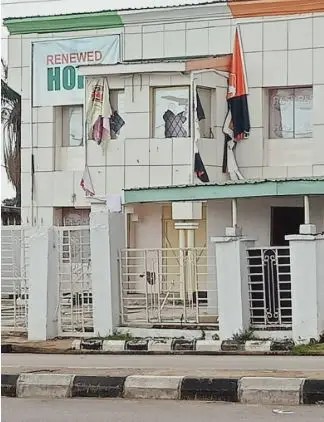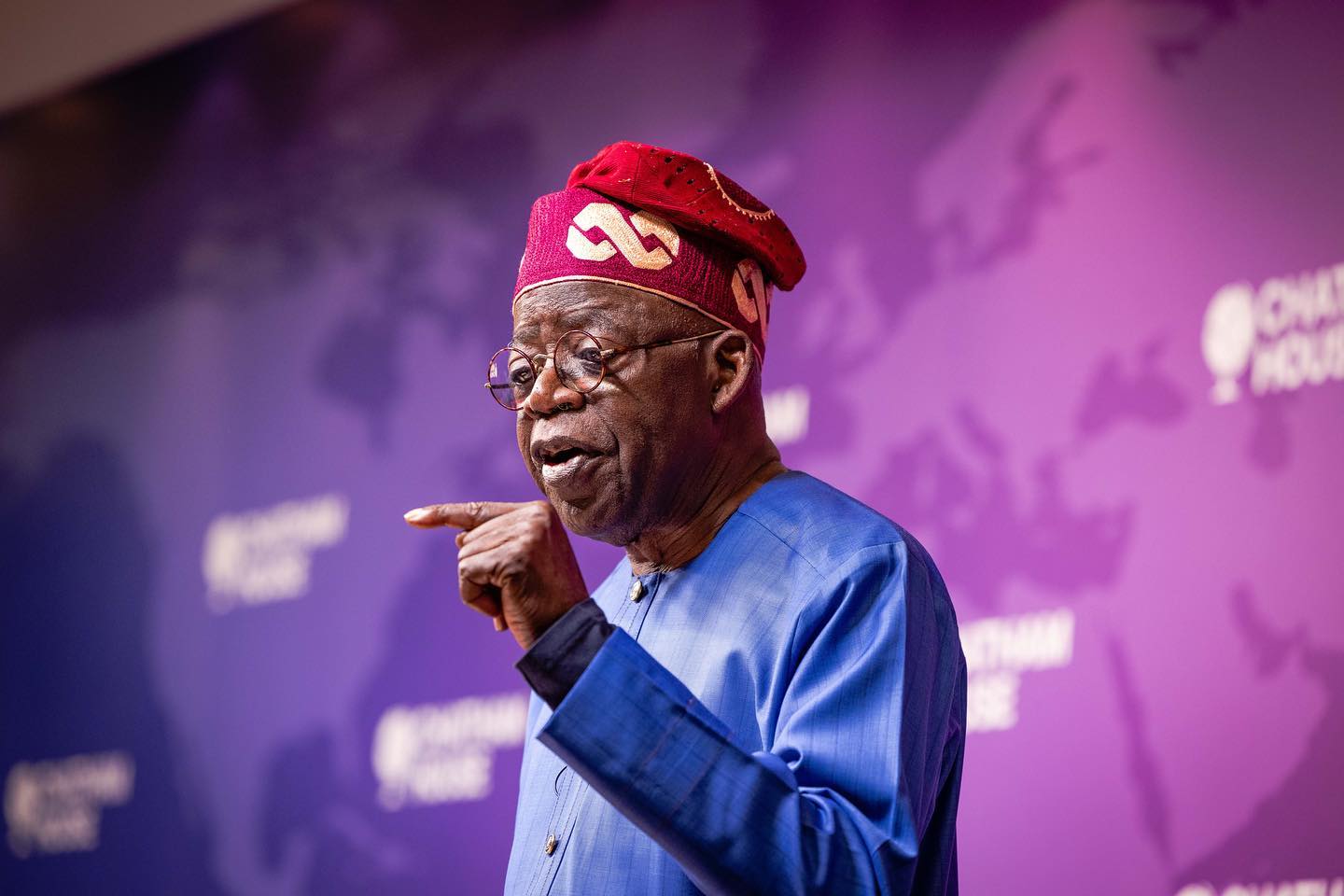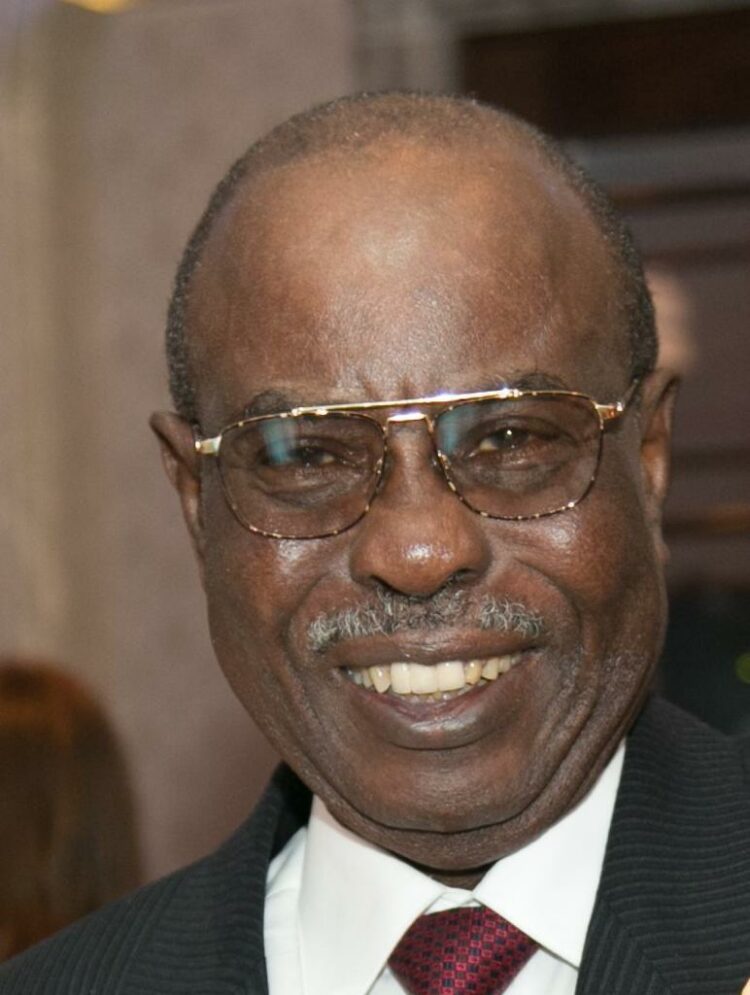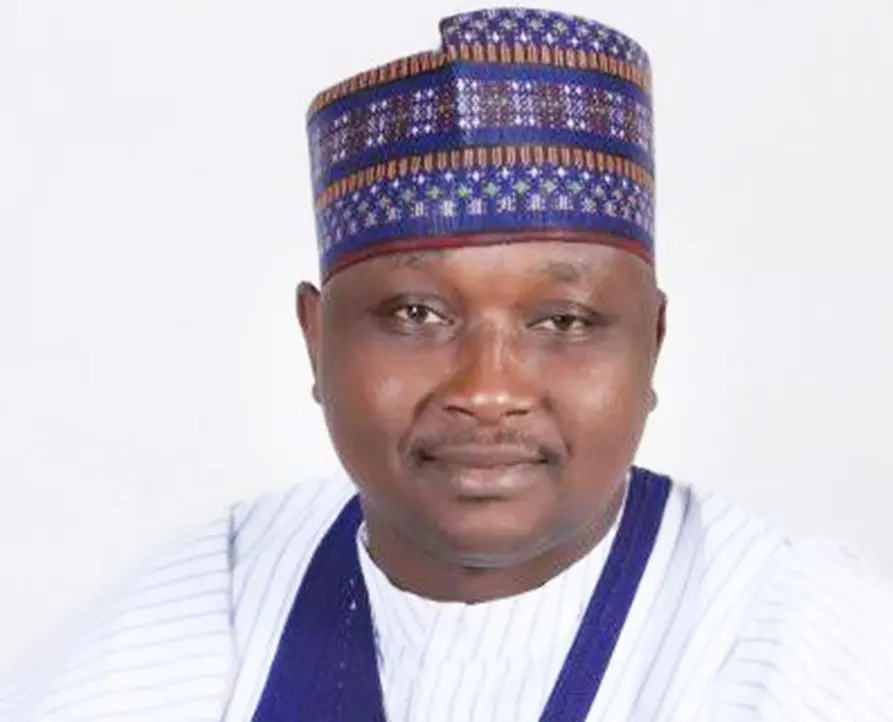On Tuesday, 1st October, 2019, former Governor of the Central Bank of Nigeria (CBN), Prof. Chukwuma Soludo joined the convener of ‘The Platform Nigeria’ Pastor Poju Oyemade, the CEO, Financial Derivatives Limited, Bismarck Rewane and former Anambra state Governor Mr. Peter Obi to discuss the way forward for Nigeria’s economy. Soludo and Rewane are both members of President Muhammadu Buhari’s new seven-man Presidential Economic Advisory Council, PEAC, which Prof. Doyin Salami is the Chairman.
At the prestigious event, in which Soludo, Obi and Rewane delivered high-quality lectures and raised issues that would continue to be topics of debates for months to come, something interesting happened.
A group of men, women and young people numbering about 150, sat close to one another in one corner of hall wearing mufflers of Green-White-Green colours with ‘Soludo Support Group (SSG)’ inscriptions in the middle. At the end of the programme, they trooped outside to meet and greet an obviously surprised Soludo and told him they were his fans and supporters from Lagos State.
It is true that the actual contest for who would succeed Chief Willy Obiano as Governor of Anambra state is nearly two years away, indications have emerged that stakeholders are already meeting and strategizing on how to face the political challenge.
A few days ago, former Governor of the state and current Labour Minister, Dr. Chris Ngige boasted that his party, All Progressives Congress (APC) would do everything possible to take over the state in the next election, the same position that a former Health Minister, Dr. ABC Nwosu took when he said in September this year that the PDP must occupy Anambra State Government House after Willy Obiano.
Apart from Ngige and Nwosu, other politicians believed to be positioning themselves to become the next governor of the state include Senator Uche Ekwunife, former Aviation Minister Osita Chidoka, Senator Ifeanyi Uba and Senator Andy Uba, among many others, some of who are eminently qualified to serve the state as governor.
READ ALSO: Anambra Eyes 80% Improved Performance In 2019 Budget
There is no doubt that Anambra has been blessed with quality leadership provided since 1999, especially during the eras of both Chris Ngige and Peter Obi; same as Willy Obiano is currently doing. Some have said however that there is a need for the state to make positive deviation from the Nigerian governance pattern whereby a state governor selects towns and villages to ‘drill borehole here and build one school there.’
Nigeria needs to move to that point where communities are linked together and transformed to large cities through massive provision of infrastructure, and that is where Soludo comes in mind.
During the 2009 Anambra governorship campaigns, the former CBN governor contested under the umbrella of the Peoples Democratic Party and with the popular slogan that promised to make Anambra, the Dubai-Taiwan of Africa.
Under the code name, Soludo-Solution, the cerebral economist said if voted into office, he would transform Anambra to become one huge city of business and prosperity using the state’s huge economic potentials as well as abundant human resources as the driving forces of his dream state.
As acknowledged earlier, Chris Ngige and Peter Obi did their best for Anambra mostly in areas of education and road construction, just as Willy Obiano is doing with his agricultural revolution, education, women and youth empowerment, prompt payment of salaries as well as security. There is however the need for the unveiling of the big picture of Anambra state as a model to other parts of the country.
To truly develop communities Anambra that the people are dreaming of, you need investment from local and international businesses; and from all indications, Soludo alone has the global reputation and contacts to drive the world to the state, when compared with other aspirants for the state’s topmost job. That is if he is interested.
Born same year Nigeria got independence (1960), Soludo who holds the national honour of Commander of the Federal Republic, CFR, is a professor of economics and was Governor of the Central Bank of Nigeria (CBN) from May 29, 2004, to 2009.
A core professional in the business of macroeconomics, Soludo obtained his three degrees and then professorship at the University of Nigeria in Nsukka, Enugu State. He graduated with a First Class Honors degree in 1984, an MSc Economics in 1987, and a Ph.D. in 1989, winning prizes for the best student at all three levels.
He has been trained and involved in research, teaching and auditing in several areas including multi-country macro-econometric modeling, techniques of computable general equilibrium, survey methodology and panel data econometrics, among others. He studied and taught these courses at many universities, including Oxford, Cambridge and Warwick. He has co-authored, co-edited and authored about ten books on this subject matter.
In 1998 Soludo was appointed to the position of professor of economics at the University of Nigeria; the next year he became a visiting professor at Swarthmore College in Swarthmore, Pennsylvania, US.
He has been visiting scholar at the International Monetary Fund, the University of Cambridge, the Brookings Institution, the University of Warwick and the University of Oxford as well as visiting professor at Swarthmore College (USA). He has also worked as a consultant for a number of international organisations including the World Bank, the United Nations Economic Commission for Africa, and the United Nations Development Programme.
Before becoming the governor of the Central Bank of Nigeria, Soludo joined the federal government in 2003 when he was appointed Chief Economic Adviser to former President Obasanjo and Chief Executive of the National Planning Commission of Nigeria.
In January 2008, in a speech to the Nigerian Economic Society, Soludo predicted consolidation in the private banking industry, saying “By the end of 2008, there’ll be fewer banks than there are today. The restructuring of the banking industry has been attracting funds from local and foreign investors, which have increased banks’ ability to lend to customers.”
Earlier in his career, Soludo was nominated by three pan-African Institutions – ADB, UNECA, and AERC to consult for the World Bank on the project on “Can Africa Claim the 21st Century”) which lasted for 18 years. Before then, he had lived in Ethiopia, the United Kingdom, and the United States of America (USA) and traveled to 45 other countries as an itinerant scholar and consultant. In addition, he consulted to 18 international organisations including the World Bank, IMF, OECD, EU, ADB, various UN agencies, etc. His services to the World Bank spanned various departments at different times, including being on the Chief Economist Advisory Council (CEAC) for the period 2005 – 2012. He spent 19 months at the Brookings Institution, USA (January 1991 – July 1992; and three months in 1998).
In addition to the various legacy policy and programme he introduced to reshape the Nigerian economy, especially the banking sector, Soludo had his personality hoisted on the world map while becoming a household name in Nigeria following his ambitious Bank Consolidation Policy that shook the foundation global economy.
Since Nigeria returned to civil rule in 1999, ‘there have been two fundamental structural transformations of the Nigerian economy that have taken place – the telecommunications revolution, and the banking sector revolution consolidation planned and executed by Soludo and his team at the CBN with presidential backing from then-president Olusegun Obasanjo.
Many still believe that what happened in Nigeria’s banking sector under Soludo was not mere transformation but institutional revolution. Under his supervision, Nigeria’s only transnational corporations were built in three years, two Nigerian banks made it to the top 300 banks in the world and are still there while nine others rose to the top 1,000. There was no Nigerian bank on such positions before Soludo became CBN Governor.
It has also been said that ‘the new economy in oil and gas as well as emerging big businesses in the country owe their pleasant stories to that historic revolution. Many economic analysts from different parts of the world also stated clearly that without the foresight and courage of Soludo’s CBN, the Nigerian financial system and economy would have collapsed during the global financial crisis because Soludo and his team developed a ‘robust, transparent and no-nonsense regulatory and supervisory regime before the global crisis which them leave behind, one of the strongest banking systems that was globally rated in the same league as those of Israel, India, China, and Russia.”
Through the same revolution, Nigeria was rated as the world’s fastest-growing financial system with the largest transnational corporations in three years. This helped to rescue the entire system from collapse despite the unprecedented ‘four shocks that buffeted the system during the global crisis. They were also on course to fully restructure the few ailing banks before the end of 2009 with or without a penny from government. His administration of the CBN designed the comprehensive roadmap for sustainability and growth (under FSS 2020) while their Financial System Strategy (FSS 2020) remains the roadmap till date.
It is in recognition of his vast experience in economic management and the impact he has made in the system both in Nigeria and globally that the Nigerian government of the All Progressives Congress (APC) invited Soludo to serve as member of the Presidential Economic Advisory Council, PEAC, in spite of his membership of the All Progressives Grand Alliance (APGA).
It may also be for the same reason that thousands of ‘fans and supporters’ are mobilizing to see that Soludo brings his wealth of experience and national/international contacts home to Anambra in order to up the state’s governance ante.
The challenge, however, is whether Soludo would answer the call to serve whenever such a call is made (in view of his not-so-pleasant experiences in Nigerian politics) as well as whether Anambra people are ready for the SOLUTION that a Soludo governorship would bring.


